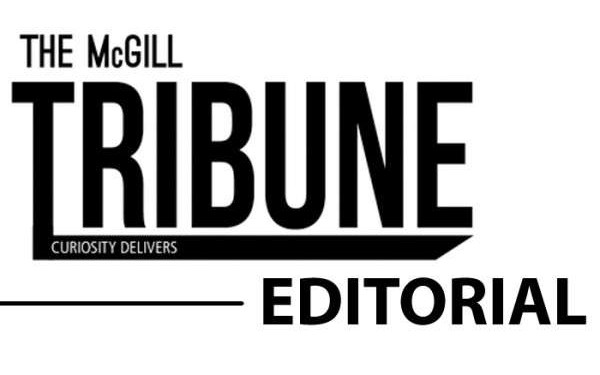The Management Undergraduate Society (MUS) and the Science Undergraduate Society (SUS) both recently passed motions to institute new student fees aimed at improving the resources and spaces available to students. Due to McGill’s budgetary constraints that prevent the university from allocating money to building renovation and other student services not deemed essential, faculty executives have assumed the responsibility of putting forth referendum questions to increase existing student fees and institute new ones in order to pay for these initiatives. In light of previous mistakes and failures to meet many basic requirements of their positions, faculty executives need to make changes to increase their degree of accountability if they are to successfully manage these additional responsibilities.
Faculty executives have generally failed to fulfill their basic duties, including communicating openly with students, making information readily accessible, and abiding by university regulations. Several incidents to highlight include MUS financial documents and meeting minutes that have not been updated since November, the Arts Undergraduate Society’s (AUS) failure to secure alcohol permits for its Bar des Arts events, and a general lack of transparency and neglect of responsibilities among many faculty executives who fail to attend their office hours or reach out to their constituents. These incidents highlight the lack of coordination and responsibility on the part of many faculty executives, and leave us with low expectations for how they will manage growing financial responsibilities.
Both the SUS and MUS referendum processes—which further increased the amount of responsibility held by faculty executives by implementing new fees—were plagued by procedural errors and problems with engaging students. The SUS held a ‘redo’ referendum regarding the two student fees after a blunder that occurred during the Fall referendum, in which the fee questions were mistakenly run under online ratification guidelines instead of the proper procedures for a referendum. SUS was forced to rerun the questions in the Winter referendum despite having already implemented the fees with the Deputy Provost’s office. Moreover, the SUS faculty executives did not effectively inform students of the mistake, demonstrating a serious lack of accountability and transparency. The MUS fee, while passed according to the proper procedures, was inadequately advertised, with many management students interviewed by this newspaper stating that they were unaware of the referendum and the new fee.
The fees levied by the MUS and SUS constitute significant sums of money, and while the building projects being undertaken are ambitious and—if executed well—beneficial for students, they are also long-term endeavours. This means that the projects will pass through the hands of several executives before they are finished. The high turnover rate of faculty executives increases the chances for poor coordination and distortion of the long-term vision. These additional obstacles are not encouraging, especially in light of previous failures dealing with the referenda that preceded these fees.
These past errors necessitate a change in how faculty executives are held accountable going forward. Referenda should be highly publicized in order to maximize student engagement with the questions at hand. This requires faculty executives to advertise important referenda more actively so that all students are made aware of potential fee increases, and to make themselves available to fellow students who may have questions or concerns.
In addition to fulfilling these basic responsibilities, all faculty executives should review their bylaws and constitutions, or create a committee to do so, as the SUS has recently done. Many of these documents are egregiously outdated, resulting in confusion and difficulty allocating responsibility among the different executives. Updating their constitutions should help to reacquaint executives with what their individual responsibilities are and can help to improve overall performance.
Furthermore, students themselves must also seek to hold their faculty executives to higher expectations in order for any changes to occur. The recent fee increases that directly impact students’ wallets may hopefully provide the impetus for students to pay closer attention to their faculty executives and hold them to higher standards.









